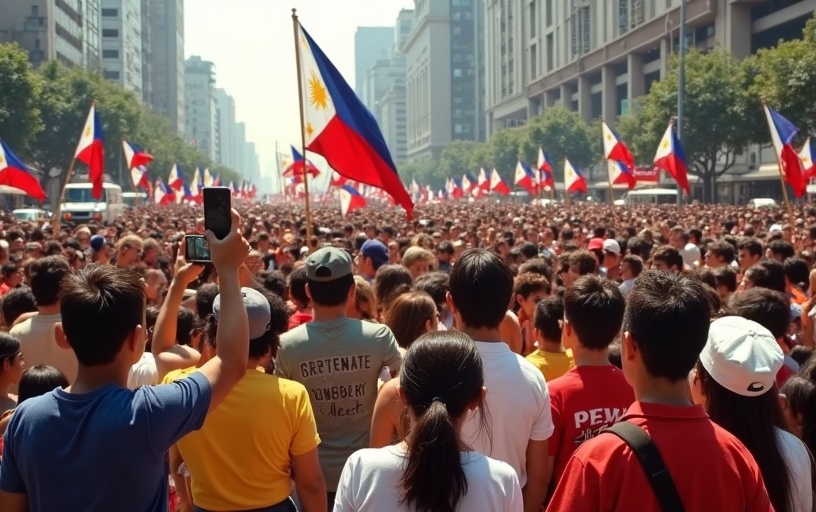
EDSA II: When Pop Culture Met Political Revolution
The January 2001 revolution that removed President Joseph Estrada showcased how mass media, text messaging, and celebrity involvement could drive political change in the Philippines.
From People Power to Digital Democracy: The Filipino Political Journey
Deep analysis of Filipino political movements and democratic evolution

The January 2001 revolution that removed President Joseph Estrada showcased how mass media, text messaging, and celebrity involvement could drive political change in the Philippines.
How SMS technology became the backbone of political mobilization during EDSA II, demonstrating the power of grassroots communication in democratic movements.
Exploring how Filipino celebrities and pop culture figures became powerful voices for political change, using their platforms to mobilize millions of citizens.
September 2025 witnessed the largest anti-corruption rallies since the Duterte era, as tens of thousands demanded transparency in government infrastructure projects.
The 2025 protests emerged from flood-control project scandals, showing how infrastructure failures and corruption directly impact Filipino lives and political consciousness.
How Filipino influencers and content creators used their platforms to rally support for the 2025 protests, creating a new model of political engagement.
People mobilized through SMS
Protesters in Trillion Peso March
Global Filipino voters projected
SMS technology and celebrity involvement drove the peaceful removal of President Estrada, showcasing the power of digital democracy.
Influencers and social media drive massive anti-corruption protests, demonstrating evolved digital political engagement.
Virtual rallies, AI transparency, and global Filipino political participation reshape democratic engagement.